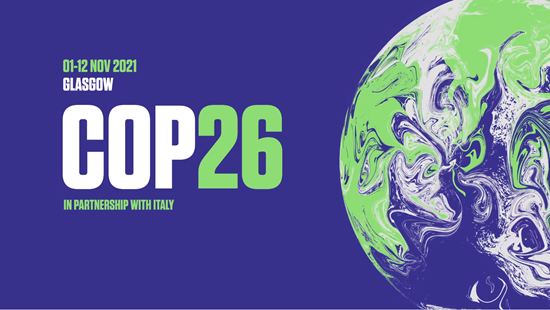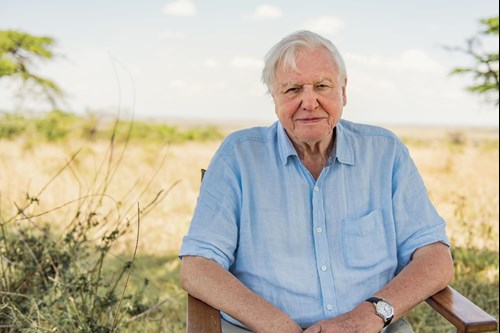
Later this month, the UN Climate Change Conference UK 2021 starts in Glasgow – the first time it has been held in the United Kingdom. Known as COP26, it will bring together 197 nations and territories to accelerate action in tackling climate change. In the third of a series of four articles, Ravenscroft’s fund research team looks at climate change.
Climate change and us

In the words of Sir David Attenborough at the United Nations’ Security Council session on climate back in February:
“Please make no mistake – climate change is the biggest threat to security that modern humans have ever faced.”
By adopting climate friendly behaviour, we can make a difference and we can all play our part. There are seven things we can all do, to help keep global warming below 1.5 degrees.
Children – this is a little bit like Marmite to most people, but the biggest single impact anyone can have on their long-term carbon footprint is to have fewer children. In reality this takes generations to have any real meaningful impact, so not so great in the short term, but something to keep in mind.
Driving – funnily enough short journeys (as we do in the Channel Islands) have a disproportionate impact on emissions. On average a third of carbon dioxide emissions from each household comes from road transport. If you can’t live car free, think about switching to an electric vehicle or just a smaller car will help reduce your footprint, and finally avoid diesel if possible due to the air pollution it produces.
Fly less – I, for one, before the Covid-19 pandemic flew a lot, whether it was pleasure or work related, it is this activity which has the biggest impact on your carbon footprint. A two-hour flight to Spain for example emits nearly 500 kilograms of CO2, this is about the same you would save a year if you went veggie or drove 2,500 kilometres less. As an aside, a tree can absorb one tonne of carbon dioxide by the time it reaches 40 years old.
Be more veggie – in a world where more and more land is being reclaimed for farms, not only does this have a disastrous impact on wildlife but also releases all the carbon that had been stored in either tress or the soil. Shifting your lifestyle to a more plant-based lifestyle helps alleviate the impact. Did you know by eating beef, its carbon footprint is three times that of pork and six times that of chicken? Importing tropical fruits by air is also bad as well as cheese (I don’t eat meat, but like a tropical fruit and cheese – all about balance). Ultimately beef and cheese CO2 emissions tend to be 100 times greater than nuts, fruits or vegetables, I suppose the lesson is to be mindful.
Be smart – when replacing appliances in your home, if you choose an energy-efficient model this helps in reducing your carbon footprint. You can also make small changes such as drying your washing on a line, turning off your TV instead of leaving it on standby and lowering the temperature of your hot water – all small things that help. Smart thermostats in your house really help and have the added bonus of reducing your bills at the same time – a double whammy!
Lifestyle choices – both at home and in the office, when everybody has left home or the office make sure all the lights are turned off, don’t leave your phone chargers plugged in and switch off your computers / laptops. Working from home has the added impact of reducing your travel carbon footprint as well.
Challenge your investments – if you are lucky enough to have investments or a pension, try to ensure your money is being invested sustainably as this can have a huge impact. At Ravenscroft we have always invested sustainably as investing in non-sustainable businesses does not make sense. We have always taken great care to ask how our managers view and implement environmental, social and governance issues, and forms a core part of our robust repeatable investment process. As an aside disinvestment is not always the best course of action, for instance if you think about an oil company for instance, they are making great strides to becoming more “green” should they sell off their oil fields to another company, that company may run the oil field far longer than the company that has committed to “go green”.
Ultimately, what we do really, really matters; sitting back and watching everyone else is not a realistic option, and let’s face it, no one wants to let David Attenborough down!
Links to the other articles are below:

